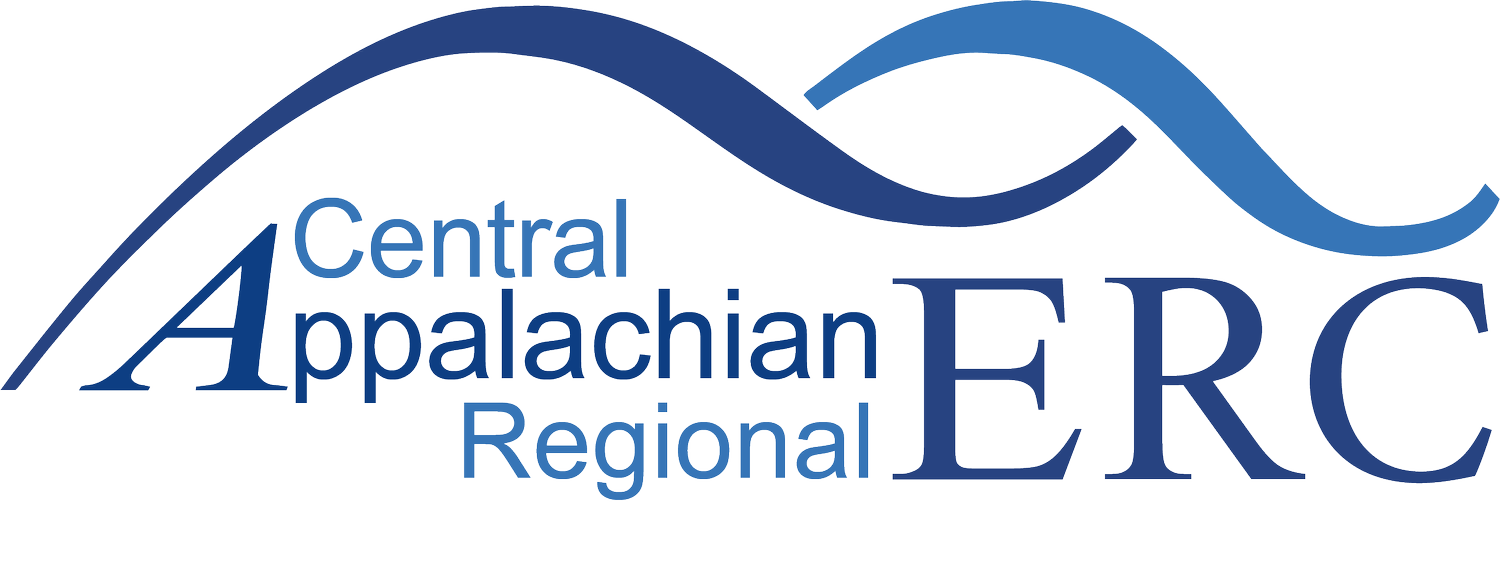
Industrial Hygiene
Anticipate, Recognize, Evaluate, Control
The Industrial Hygiene (IH) training program is designed to...
Equip trainees with the knowledge and skills to engage in the practice of industrial hygiene.
Prepare trainees to enter public and private organizations with the intent of decreasing the number and severity of occupational injuries, illnesses, and fatalities in the workplace.
The goals for the Environmental/Occupational Health and Sustainability (EOHS) core of the CARERC training grant:
1. Ensure selected students meet our admission standards and are prepared to be successful trainees.
2. Develop opportunities for practicum experiences and thesis research experiences with local, state, industry, and federal agency personnel in industrial hygiene.
3. Enhance and refine the curriculum in industrial hygiene through participation in the multi-disciplinary educational and research activities of the CARERC and work to continuously improve the quality of our program.
4. Provide adequate mentoring and financial support to students for their capstone research projects.
5. Support student educational experiences at national conferences, trainings, and workshops relevant to industrial hygiene and occupational health and safety.
6. Place all CARERC graduates into advanced training programs or employment in their field within one year of graduation.
7. Promote continuing education in industrial hygiene and associated topics for practitioners.
Lean more about the program, faculty, and students in this slide presentation.
-
Work related fatalities in Kentucky are 30% higher than national rates. A significant proportion of residents in the Appalachian region are employed in the mining, construction, and agriculture industries), and the injury rates in these occupations are among the highest. The CARERC focuses on serving the Appalachian regions of Kentucky, North Carolina, Virginia, Tennessee, and West Virginia and is targeted to addressing the adverse health outcomes in these industries.
Overall employment of occupational health and safety specialists and technicians is projected to grow 5 percent from 2021 to 2031. About 14,500 openings for occupational health and safety specialists and technicians are projected each year over the decade. Many of these openings are expected to result from the need to replace workers who transfer to different occupations or exit the labor force. Most frequently, the obstacles for students in pursuing advanced training in industrial hygiene and occupational health have been lack of financial aid and unfamiliarity of this scientific field, especially for many of EKU’s first generation students.
The Commonwealth of Kentucky’s industries have a demand for the IH professional including the following: state enforcement (OSH/DEP/MSHA professionals), consulting (OSH/EHS), AHERA (K-12) inspectors/management planners, certified lead inspectors (HUD), radon monitoring, distilleries, automotive manufacturers, construction, agricultural, logging, and mining. The long-term goal is to employ a health promotion workforce that can better relate to the populations they serve. The emphasis of our program on multidisciplinary education and recognition of diversity addresses this concern. -
Students interested in the Industrial Hygiene training program are required to be enrolled in the Master of Public Health degree program (MPH) EOSH option at Eastern Kentucky University. The Master of Public Health Program admits students who demonstrate the potential to be successful in graduate school, and who are committed to the public health profession, as evidenced by their interests, backgrounds, and experiences. For admission into the Program, applicants must meet the following minimum requirements:
• Baccalaureate degree from an accredited institution with a GPA of 2.5;
• Applicants with a cumulative undergraduate grade point average (GPA) of 3.0 or higher-or-3.25 in their last 60 hours of undergraduate work meet the minimum requirements for eligibility for full-admission consideration.
• Applicants with a cumulative undergraduate degree GPA of 2.5 or higher, but do not meet the requirements for full -admission consideration, are eligible for provisional admission consideration. Students with provisional admission based upon GPA must maintain a cumulative GPA of 3.0 or higher.
• Submission of graduate school application and related fee.
• Submission of statement of personal and professional objectives (1½ to 2-pages);
• Environmental/Occupational Health & Sustainability: At least 1 physical science, 2 chemistry with lab, 2 biology with lab, college algebra, and 1 microbiology course at the undergraduate level.The Program Director provides written notification to the graduate office regarding the decision for each applicant. The Graduate School office then sends an official notice to the applicants.
Trainees are provided tuition, a monthly stipend, and health insurance if needed. Trainees are also provided financial support for their research and funding for travel to conferences and professional meetings to present their work.
-
The OEHS MPH degree is a generalist degree which requires core courses in industrial hygiene principles, occupational health sampling, hazard controls, air quality, and environmental and industrial toxicology. Students are also required to complete an MPH core consisting of courses in biostatistics, epidemiology, public health administration, human behavior change, public health planning, environmental health, and research methods. The degree program is at least 42 semester credit units, which includes 36 hours of didactic course work, three hours of practicum, and three hours of independent research. Students receiving CAERERC funding must also complete seven hours of CARERC core courses (see Table below) at the University of Kentucky. Industrial Hygiene students must complete an original research project as part of their capstone course.
The overall curriculum for CARERC requires that all graduate students who receive tuition support and/or stipends register for the three core courses focused broadly on occupational health and safety issues.
-
-
Dr. Brown serves as the primary academic advisor for CARERC trainees and assists in finding the trainees appropriate mentors for their capstone research. He works to ensure each trainee’s courses are taken in a manner that facilitates timely completion of the degree program. Along with his core faculty, Dr. Brown provides mentoring to trainees in additional areas of career development opportunities, such as attending conferences and taking additional courses that may benefit their careers. The Capstone process requires carrying out an original research project. The collaboration between EKU and UK has increased students’ access to experienced researchers, a greater diversity of capstone topics, and occupational safety and health data.
-
MPH-EOHS students have the opportunity to complete industrial hygiene, applied learning experiences with major corporations (e.g., Marathon, Amazon, Owens Corning, General Electric, Georgia Pacific, Parsons Bechtel etc.), government agencies (e.g., Kentucky OSHA, University of Kentucky, University of Louisville, Eastern Kentucky University, etc.), and consulting firms.Trainees are typically employed in the occupational safety field before or very soon after graduation.
Recent Graduate Trainee Placements
Industrial Hygienist - EI Group
Environmental Health and Safety - GE Appliances (a Haier company), Lead Structures Division for Contech Engineered Solutions
EHS Specialist - Lexington Fayette County Health Department
Laboratory Technician - Blankenship Asphalt Tech & Training
EHS Specialist - Department of Energy contractor, FLUOR-BWXT Uranium Enrichment Plant
Safety Representative I - Yokohama Industries America
Safety & Occupational Health Specialist - Veterans Affairs Health Care System
EHS Intern - Indian Health Service Sitka Alaska
Environmental Scientist - AECOM
Meet the Team
Learn more about Industrial Hygiene


